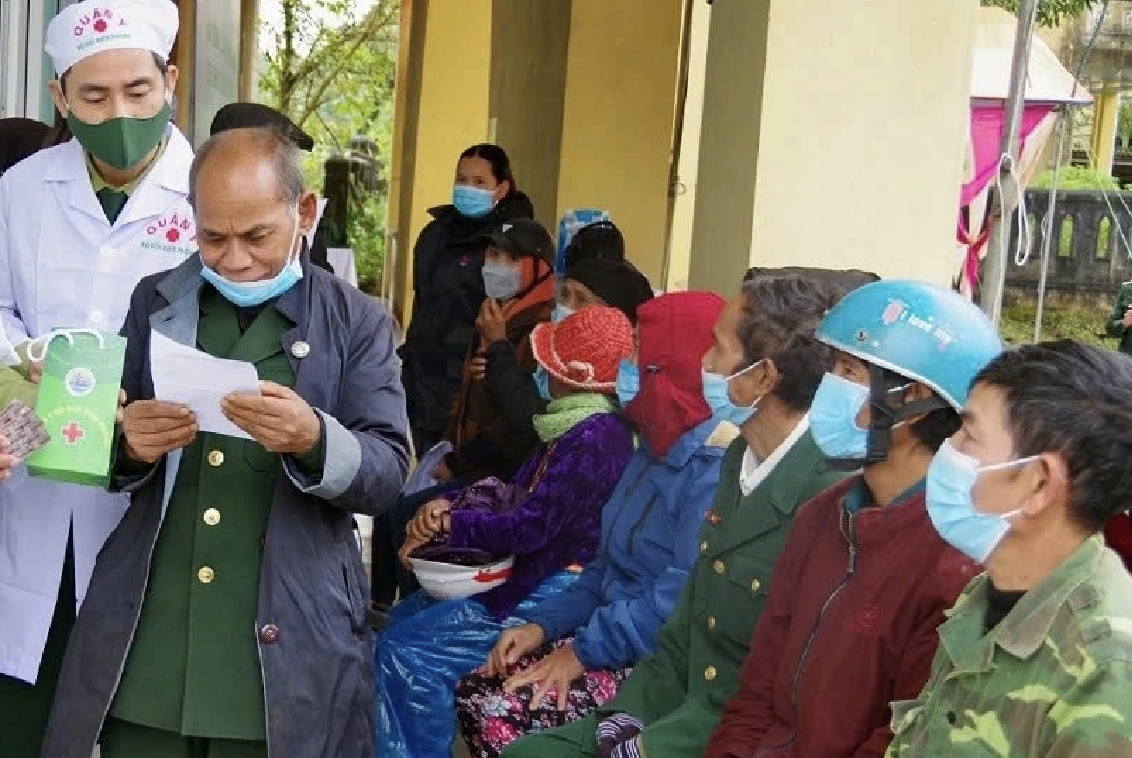Vietnam’s Resolution 72 sets a roadmap to exempt basic hospital fees by 2030 through health insurance. Starting 2026, citizens get free annual check-ups and digital health records. Funded by the state and insurance, the reform reduces out-of-pocket costs, prioritizes the poor, and builds an equitable health system.
Vietnam has unveiled a transformative healthcare roadmap under Politburo Resolution 72, aiming to progressively eliminate basic hospital fees and expand universal health coverage by 2030. Beginning in 2026, all citizens will be entitled to free annual health check-ups or screenings, accompanied by personal digital health records to monitor conditions throughout their lives. By 2030, people will be exempted from costs related to basic medical examinations and treatments within the scope of health insurance benefits. This resolution, described as strategic and comprehensive, underscores the Party and State’s prioritization of public health while promoting fairness, affordability, and social protection.
Minister of Health Dao Hong Lan emphasized that this policy is not designed to provide absolutely free healthcare but instead to reduce out-of-pocket payments to a minimum, improve early disease detection, and ensure prioritization for vulnerable groups, low-income households, and people under social policies. The state and the Health Insurance Fund will collectively shoulder essential costs, while patients will co-pay for services beyond the basic package to encourage rational use of resources. The approach follows the principle of risk-sharing, with healthier and wealthier population segments contributing to support the sick and disadvantaged.
Deputy Prime Minister Le Thanh Long confirmed that the government has secured the financial resources needed to implement the scheme from 2026. Citing 2024 figures, he highlighted that the Health Insurance Fund covered VND140 trillion in medical expenses, while households paid VND21.545 trillion directly. Under the new policy, this out-of-pocket amount would become the state’s responsibility, equating to an additional annual budgetary burden of about VND21.5 trillion. With the Fund’s current surplus of VND49–50 trillion, the first two years are guaranteed, but in the longer term, Vietnam will need incremental increases in health insurance contributions to maintain balance.
Framed as profoundly humanitarian and socially significant, the reform seeks to ease citizens’ financial strain and build a healthier, more equitable, and sustainable health system that leaves no one behind.





